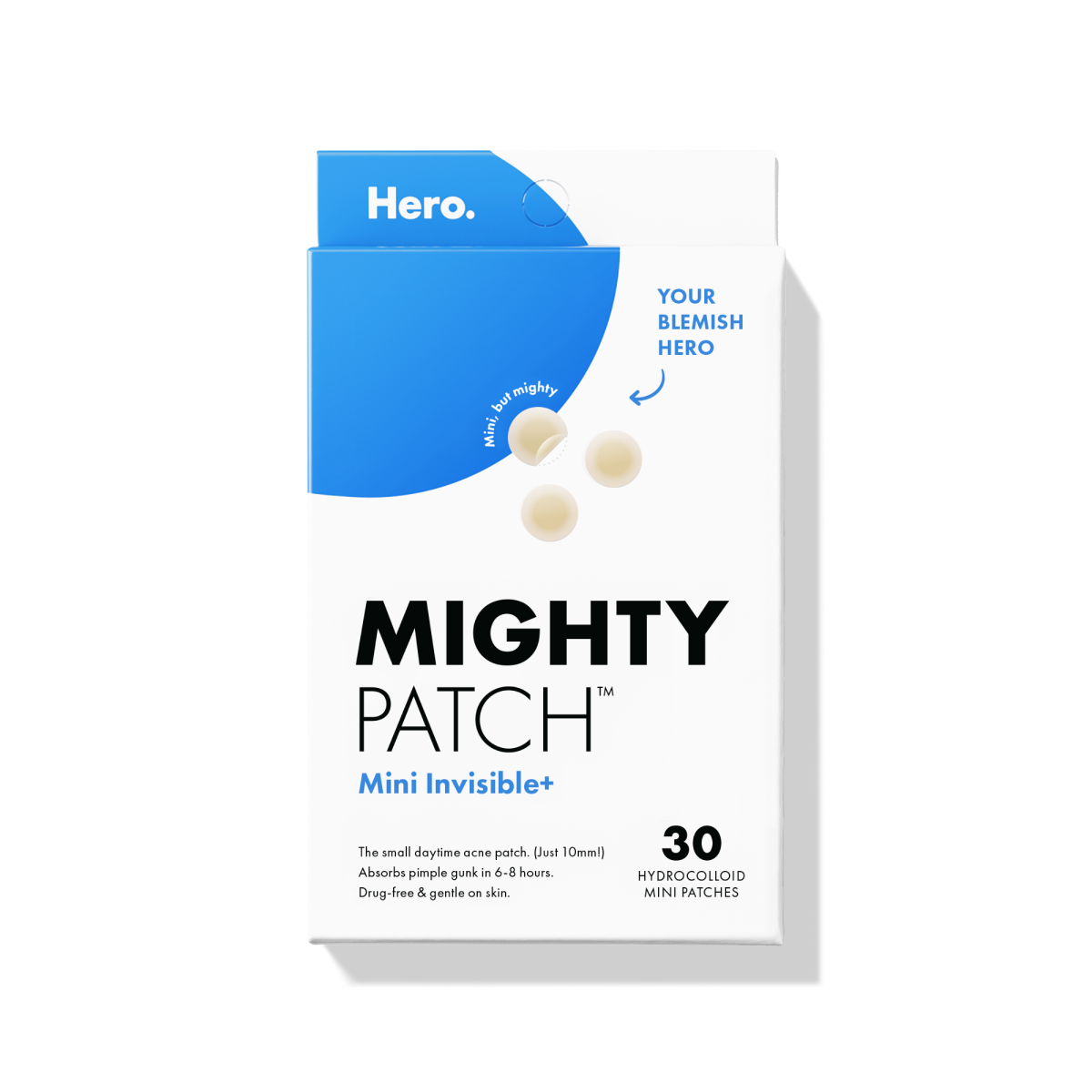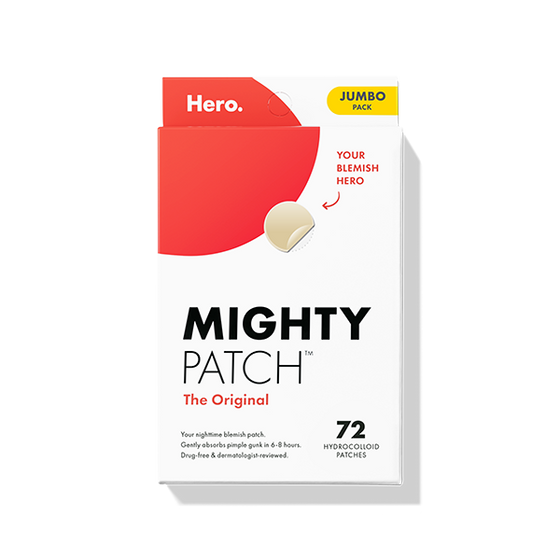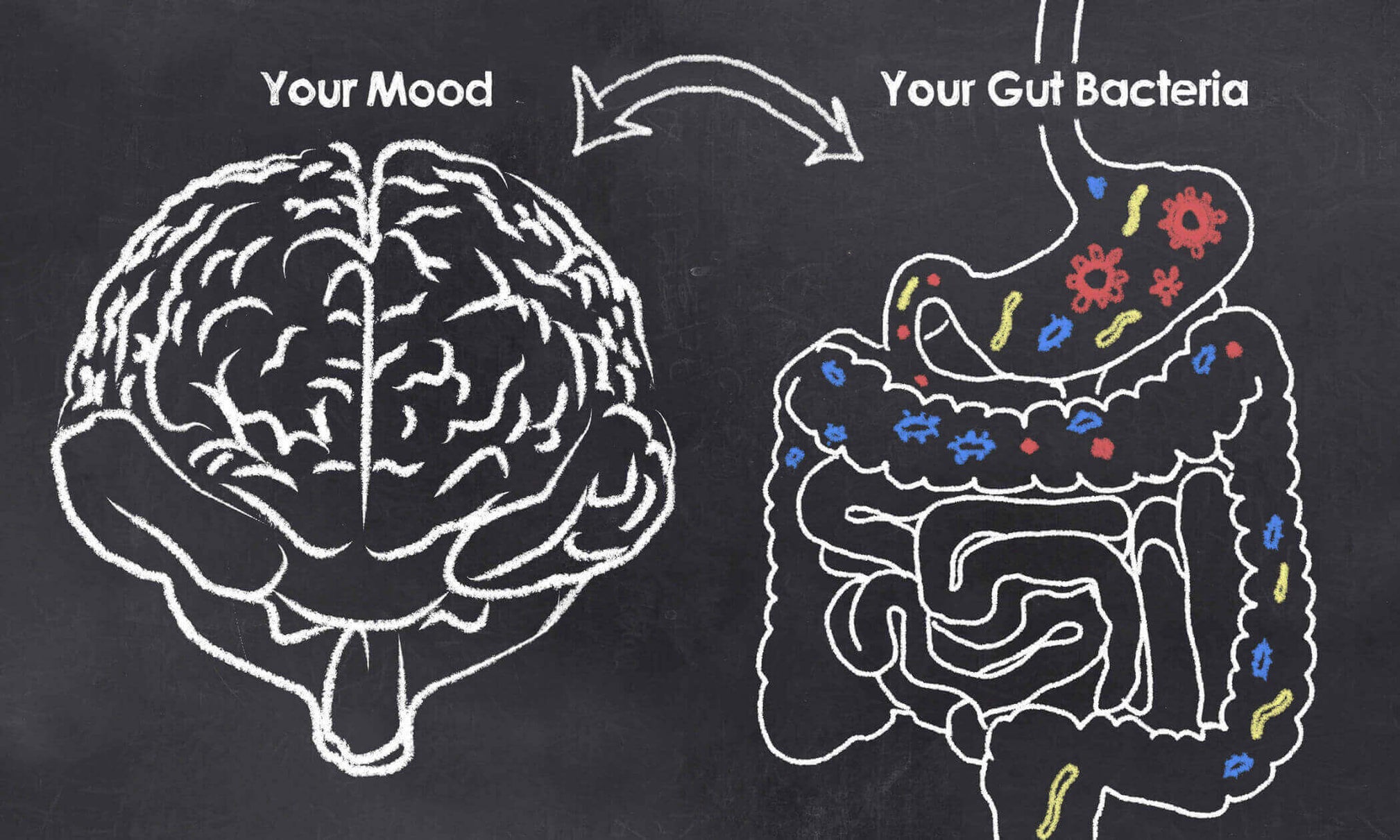
Who hasn’t googled “How to get rid of a pimple fast” and tried the suggestions, such as pimple spot treatment creams, toothpaste and tea tree oil? They may sound easy, but more often than not, you end up with a pimple that’s even more inflamed than when you started.
Today, we’re going to talk about an acne solution that you don’t often find in search results: gut health. It’s got a bigger impact on our skin than most people realize.
What are the functions of the gut?
Let’s start with the obvious functions of the gut (or gastrointestinal system): to extract energy from food, break down proteins and carbohydrates, absorb nutrients (vitamins, minerals) and water, and finally, remove waste products.
The other function of the gut is connected to the brain. You know when you have to speak in front of an audience and feel queasy? That feeling is a prime example of the link between our brain and gut, or the gut-brain connection. In addition to absorbing nutrients from our food, the gut also acts as a communication center to and from the brain, so our mental well-being very much depends on our gut.

Research on the gut-brain connection is fairly new, so it’s not clear whether the brain affects the gut or the gut affects the brain. But what has been proven is that they are connected through millions of nerves, largely the vagus nerve and neurotransmitters. Within our gut is the microbiome, an environment where “good” and “bad” bacteria live. The bacteria help our bodies maintain balance to improve our immune system. An imbalance in the microbiome is often associated with physical or mental illnesses, such as diabetes, obesity, heart disease, depression and anxiety.
Because the gut-brain axis is connected through nerves and other chemicals, an unbalanced microbiome also affects our brain health and can lead to increased stress and moodiness.
What does this have to do with the skin?
Recent research has also explored the gut-brain-skin axis, or how altered gut function affects the skin. A recent report indicated that small intestine bacterial overgrowth (SIBO), a condition involving inappropriate growth of bacteria in the small intestine, is ten times more prevalent in people with acne rosacea than in healthy controls. Fourteen percent of patients with ulcerative colitis and 24% of patients with Crohn’s disease have skin manifestations.

By balancing “good” and “bad” bacteria, your gut enables your skin to act as a barrier that prevents toxins and pathogens from entering the body. When both your gut and skin are healthy, your body will produce more anti-inflammatory molecules to fight skin conditions like acne, eczema, psoriasis, and rosacea.
How to improve gut health (and, in turn, your skin)
So how do you help keep the balance in your gut? With a healthy, diverse diet.
A healthy diet includes probiotics and prebiotics (food for probiotics). Prebiotics are high-fiber foods, such as vegetables, whole grains, nuts, seeds and fruits. Probiotics are fermented foods, which have “good” bacteria that benefit your gut, brain and skin! Probiotics can be found in yogurt, kimchi, kefir, sauerkraut, miso, kombucha and pickles. Polyphenol-rich foods, such as cocoa, green tea and olive oil, can also increase healthy gut bacteria levels.

Avoid foods that are rich in refined carbohydrates, like white bread, white flour, white rice, pastries, sweets and artificial sweeteners. And one additional tip: getting more sleep can also improve gut health.
RELATED READ: Fact or Myth: Does Chocolate Really Cause Acne?
While diet should be the first step, you can also try probiotic supplements. Lactobacillus acidophilus (or L. Acidophilus) is a probiotic commonly used to fight skin and body infections. One study found that, in a pool of 300 participants, 80% saw an improvement in their acne when they used a probiotic supplement. If you’re struggling with acne, eczema or psoriasis, you might want to incorporate probiotics into your routine.
Is diet part of your skin routine? Let us know in the comments!
[[product-ad]]
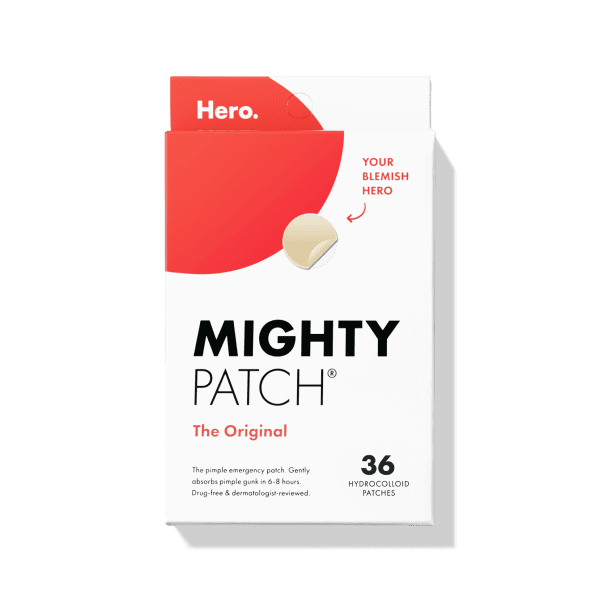
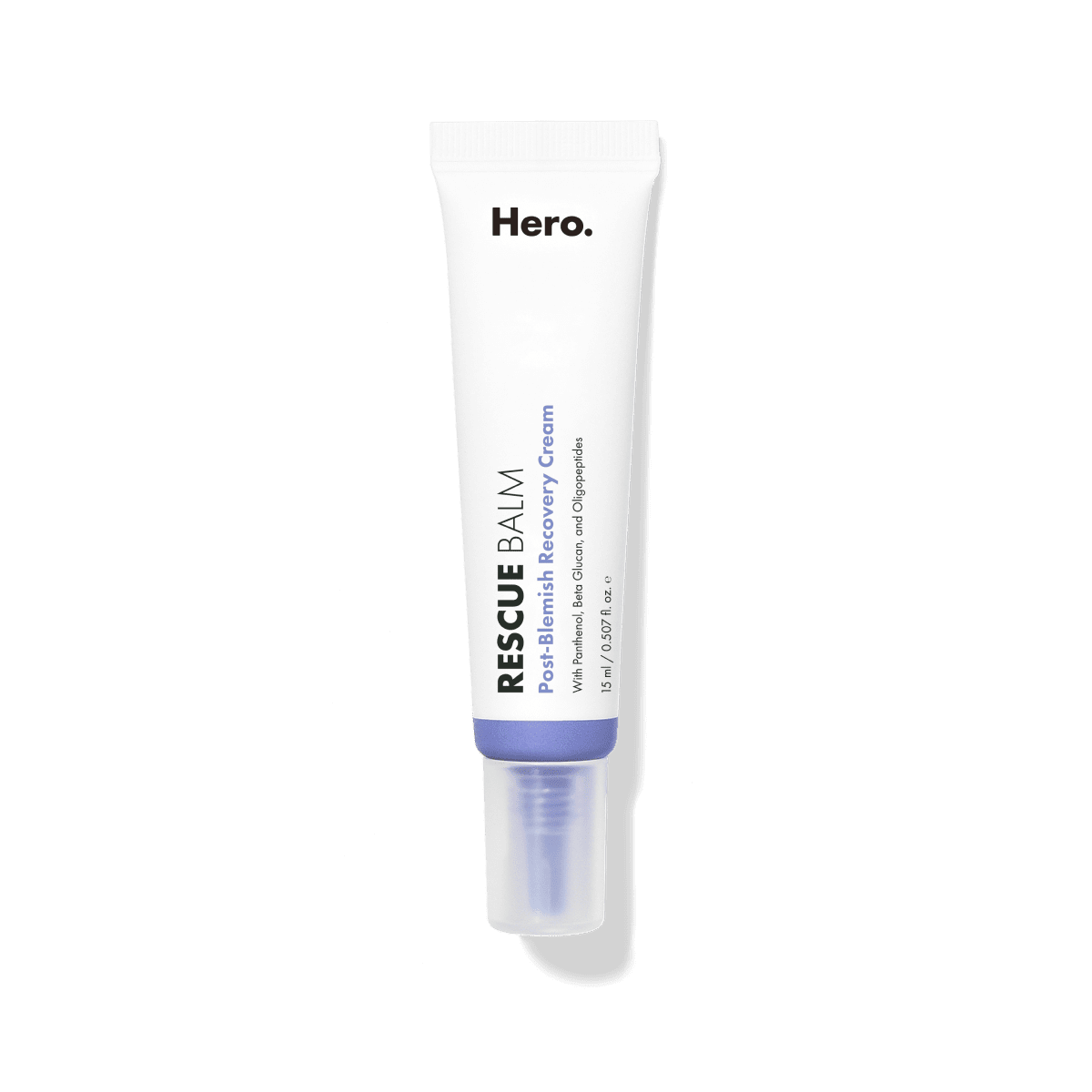
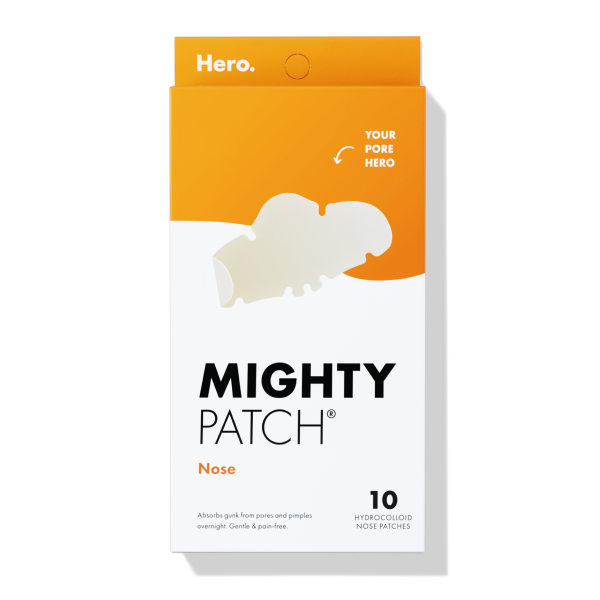
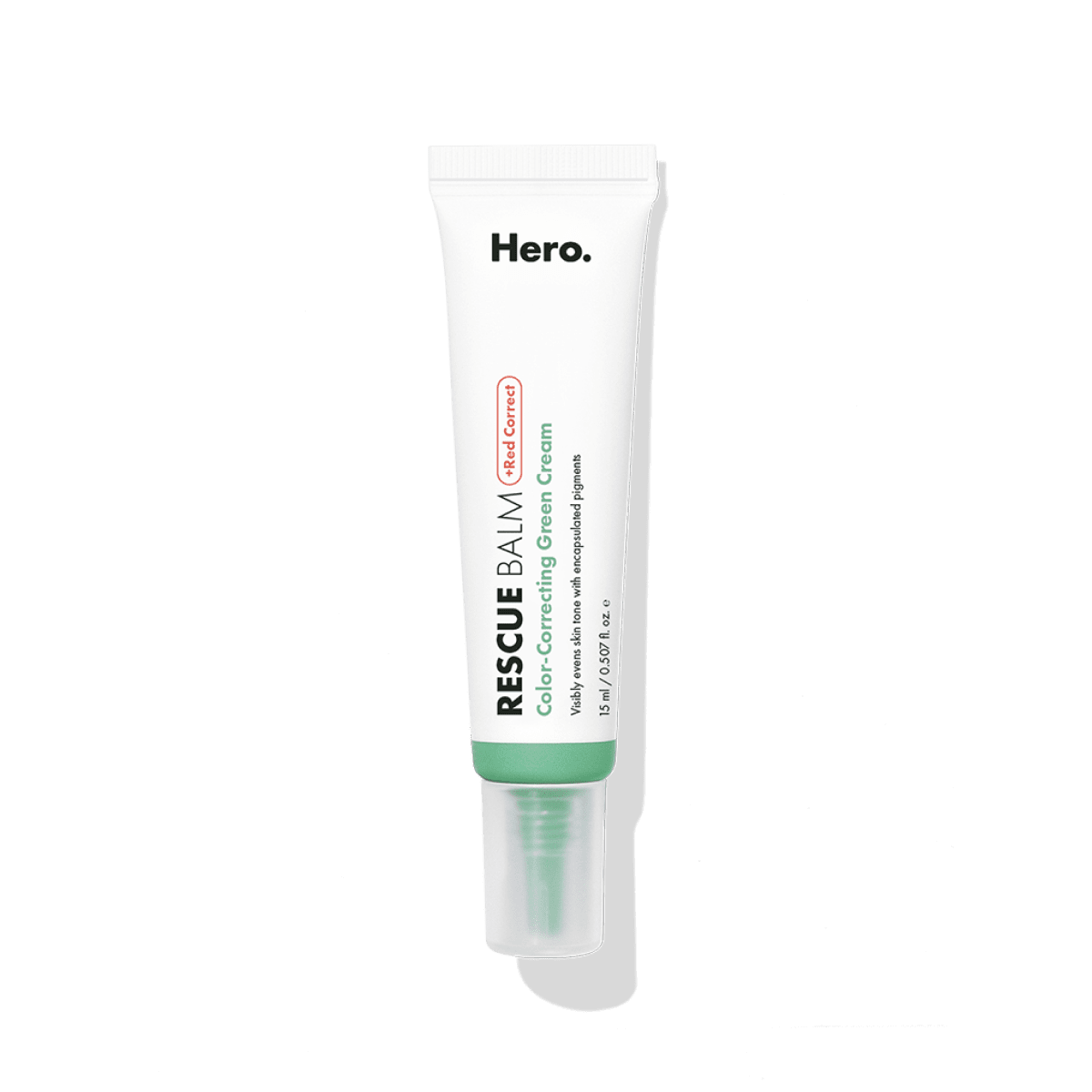
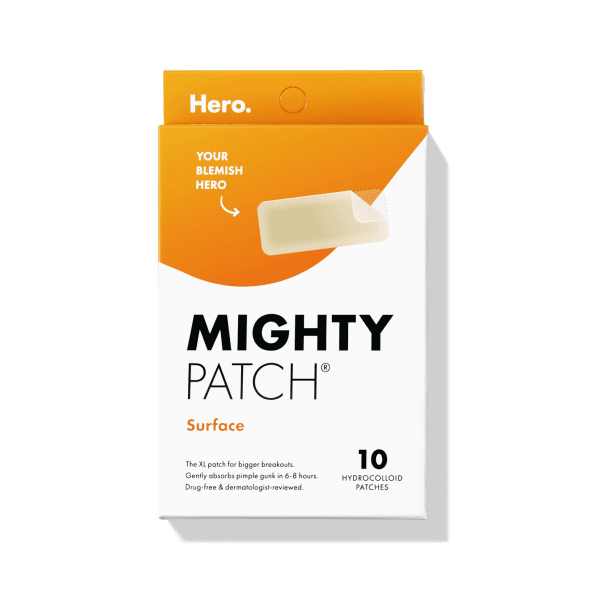
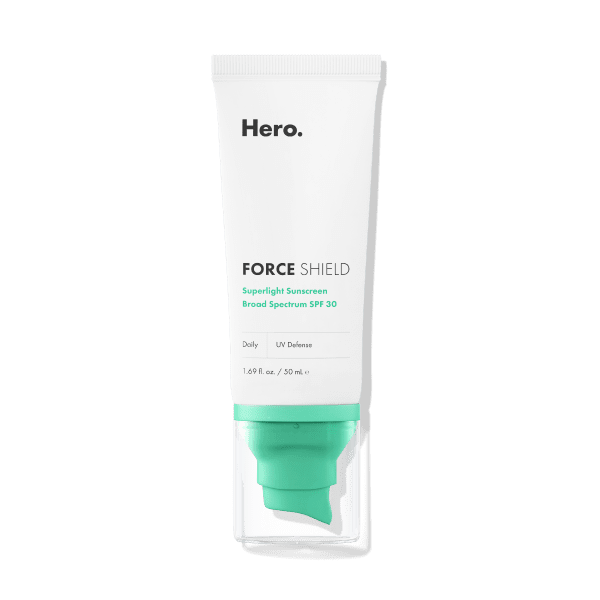
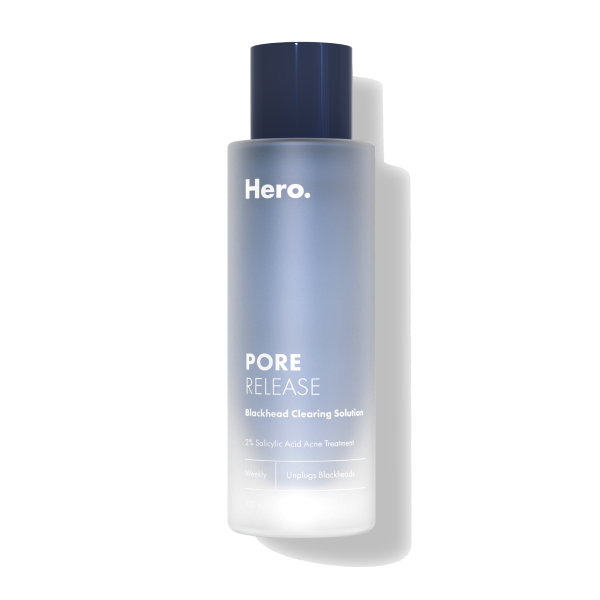
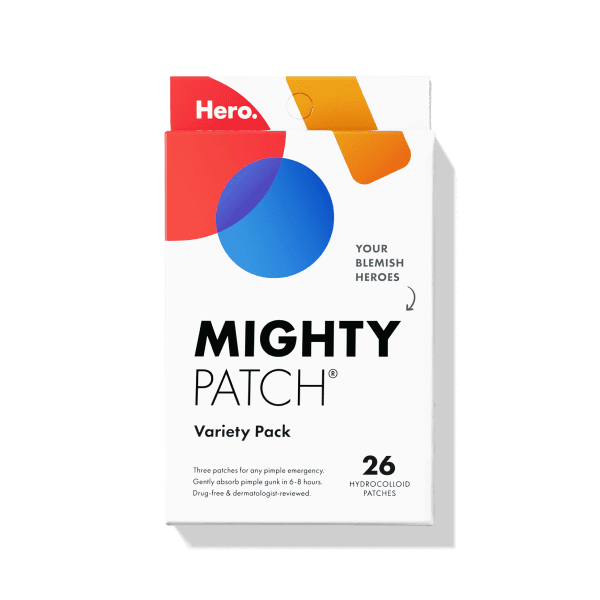


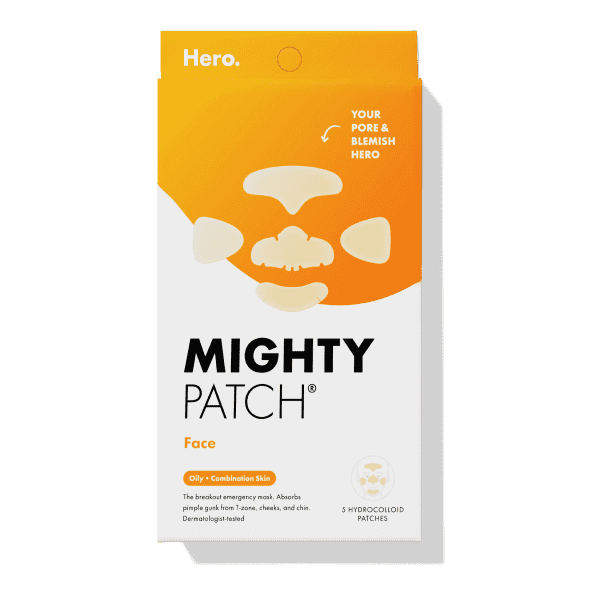
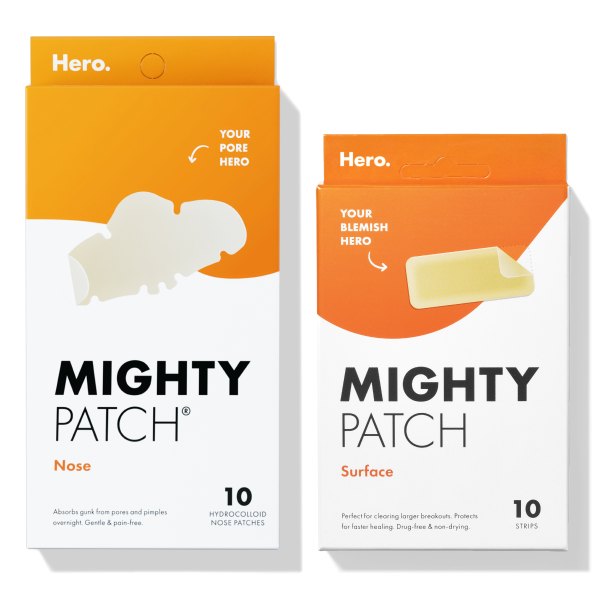
.png?v=1663017252122)
